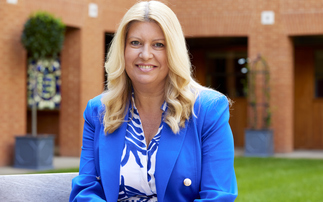Research from Scottish Widows shows fewer people buying protection even though they know savings are insufficient to cope in event of lost income.
The fourth Scottish Widows Protection Report, a survey of 5000 households, shows a marked annual decline in the number of people taking out life insurance (38%, down 6% from 2011), income protection (five%, down 2%) and critical illness cover (1%, down1%), leaving themselves and their families vulnerable should the unexpected happen and their circumstances change.
More people are saving (up 5%from 2011) and nearly 40% of people are paying attention to paying off their household debts. However, even though the number of people saving has increased, respondents have little confidence that their savings will cover them in the event of a change of circumstances, with 60% believing they would only survive financially for a short period of up to six months.
Almost one in three households (28%), report that they would have used up their savings within a month if they lost their income, a fifth of people would struggle to pay their mortgage and a third would find it difficult to cover their household bills within a year of losing their income.
In the event of losing a partner, 29% of people say they would need to rely on their savings to cope financially, with 16% saying they would turn to state benefits, even as worries over spending cuts prevail. 14% admit that they just don't know how they would cope should something happen to their partner.
Richard Jones, Director of Protection and Annuities at Scottish Widows said: ""While it is encouraging to see a gradual improvement in people's attitudes towards saving, the worry is that people are not protecting themselves in the event of unforeseen events.
"Many do not have the provisions in place to support their families for any substantial period and even after just a month could be left with no buffer. It is at times like this that families need to do all they can to protect themselves in the event the unexpected happens. "
The report finds that buying a home remains the primary trigger for taking out protection cover. This was given as the main reason for one in three critical illness and 27% income protection policies.
The biggest barrier to protection, especially when it comes to critical illness cover, is cost. Of those without a policy, 22% say that they cannot afford cover, and 15% consider it to be a waste of money.
Jones added: "We can see from the findings that for many, protecting their family is considered a luxury.
"We often find that people wait for a trigger, like buying a home, to get protected and instead will spend any disposable income left at the end of the month on more tangible items you can see and use immediately."










